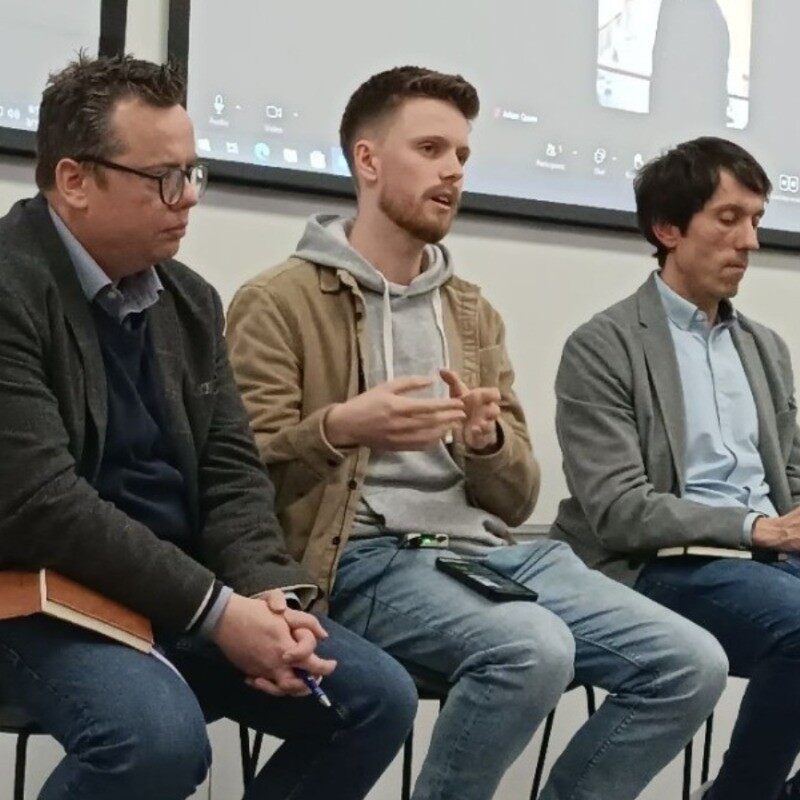About
Louis is a postdoctoral researcher in Politics, working for the Wales Institute of Social and Economic Research and Data (WISERD). He specialises in gamification, political forecasting, media and political psychology. Louis holds a PhD in Politics, MSc in Computer Science and BA in Politics all from Swansea University, graduating with his Swansea University Research Excellence Scholarship-funded doctorate in December 2024. He has written on political forecasting, gamification and social media use in election campaigns, and political trust. He is also an Associate Fellow of the Higher Education Academy and specialises in quantitative research methods.
He is the founder and lead developer of Horse Race Politics, a gamified forecasting platform launching a new iteration in early 2026 with a focus on predicting the Welsh Senedd elections, and co-hosts the Horse Race Politics podcast with Professor Matthew Wall. Through Horse Race, he has generated over £62,000 in successful research bids through the UKRI Challenges Fund, Impact Acceleration Accounts and Wall's successful £1.2m Welsh Election Study bid.
He has taught on undergraduate and postgraduate modules as well as guest lectures on Inferential Statistics and guides to statistical programming languages like R. He has also helped supervise the quantitative analysis elements of PhD theses on legislative relationships and hybrid regimes, and written for The Conversation and The Waterfront Magazine.

